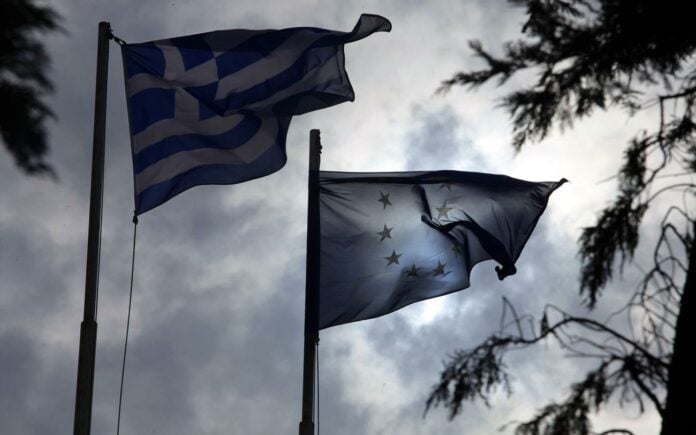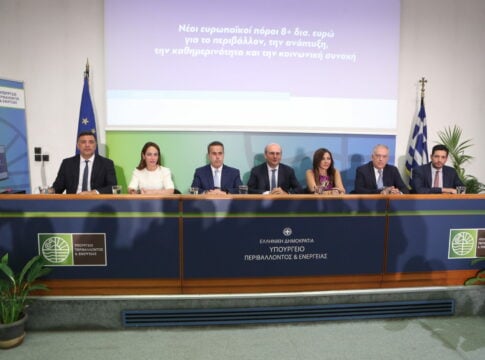By N. Bellos & T. Tsiros
Representatives of institutional creditors will reportedly return to Athens this coming week for renewed negotiations with the Greek government to finally conclude a second review of the bailout program, which is now months in delay.
The goal remains to achieve an agreement, even in principle, by a Feb. 20 Eurogroup meeting. As of Friday, the stated positions by all sides involved – European creditors, institutions and Eurozone partners, the IMF and the Greek state, as represented by the leftist-rightist coalition government — are abundantly clear. For instance, creditors want Athens to legislate “precautionary measures” worth up to 3.5 billion euros (2 percent of current GDP) so that fiscal targets after 2018 are guaranteed.
In a counter-proposal, the increasingly embattled and unpopular Tsipras government has tabled an idea of expanding an automatic spending cuts mechanism, primarily as a way to deflect creditors’ demands for a lowering of the tax-free annual threshold (today at roughly 8,600 euros) and a downwards “harmonization” of social security benefits.
The very guarded optimism of resumed negotiations comes after Friday’s urgently held meeting in Brussels between creditors and the Greek side, headed by Finance Minister Euclid Tsakalotos.
After the meeting, ubiquitous government sources said that despite whatever progress recorded at the meeting, “as long as the IMF’s unreasonable demands remain, efforts to continue negotiations at the technical staff level are stymied.”
The circulated comments by the unnamed sources merely echoed Greek Prime Minister Alexis Tsipras’ earlier public statement of “unreasonable demands” by the IMF.
Speaking earlier on Friday in Parliament during debate on an off-the-agenda opposition question on the ever-present specter of corruption in the country, Tsipras referred to a “theater of the absurd”, in panning creditors’ demands.
“For all the serious people of Europe, what they (creditors) are asking is a theater of the absurd; they’re the ones saying this, not us. Just read the German press,” was the leftist Greek political leader’s comment.
The Fund’s top technocrats have repeatedly said primary budget surplus targets after 2018, as demanded by the Europeans, are unrealistic and will be difficult to meet. However, the IMF said it would sign-off on the second review if additional measures are detailed and enacted now for the post-2018 period. The IMF has also pressed for generous debt relief for Greece, something Europeans — especially the German side — are weary of extending in a year replete with national elections.
Conversely, the IMF is pressing for greater liberalization in Greece’s energy sector and the labor market, reforms over which European creditors, such as the Commission, appear neutral.
Nevertheless, a final agreement is expected to be worth less than the 3.5-billion-euro tab being cited now by creditors.
Another compromise that emerged last week cites a proposal for Athens to enact precautionary measures of 1 percent of GDP (1.8 billion euros) , with the remaining 1 percent left for after 2018 in case fiscal goals do, indeed, appear unattainable.
The EU Commission remains the least radical of all of the country’s creditors, reminding that Greece’s fiscal performance in 2016 exceeded goals, whereas initial forecasts point to a positive 2017 as well.
The Commission is also reportedly backing the view for less precautionary measures.














